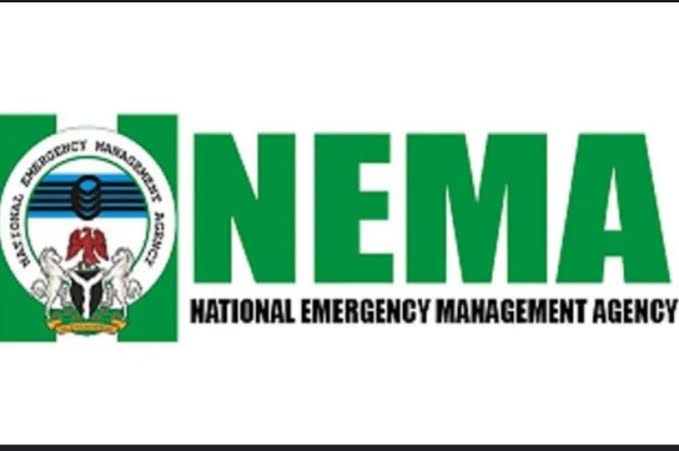NiMet, NEMA Strengthen Collaboration to Enhance Early Warning Systems

By Abbas Nazil
The Nigerian Meteorological Agency (NiMet), the National Emergency Management Agency (NEMA), and the World Meteorological Organisation (WMO) have forged a stronger collaboration to address climate threats and close early warning gaps.
This was revealed during the World Meteorological Day commemoration on Monday in Abuja.
Speaking on behalf of NEMA’s Director General, Simon Katu acknowledged the challenges in early warning accessibility, comprehension, and response at the community level.
He stressed that addressing these gaps requires collective efforts from government agencies, meteorologists, emergency responders, development partners, and local communities.
Katu highlighted the need for better early warning dissemination, investment in technology, and capacity-building initiatives to enhance disaster risk reduction.
The NEMA official reiterated the Agency’s commitment to improving disaster preparedness through reliable meteorological data and early warning systems.
He pointed out that the year’s theme: Closing the Early Warning Gap Together, underscores the importance of ensuring timely and accurate early warnings reach all communities, particularly those most vulnerable to climate-related hazards.
According to him, NiMet’s Seasonal Climate Prediction has been instrumental in shaping NEMA’s disaster preparedness strategies, allowing the agency to respond more effectively to floods, droughts, and storms.
The Director General of NiMet, Charles Anosike, opined that investing in early warning systems not only saves lives but also significantly strengthens national and local economies.
He noted that for every investment made in early warning infrastructure, there is a tenfold return.
Anosike also highlighted NiMet’s ongoing efforts to advance meteorological forecasting, enhance dissemination capabilities, and modernize hydrometeorological infrastructure.
Despite these efforts, he identified several challenges hindering the effectiveness of early warning systems, including inadequate funding, limited access to modern technology, poor coordination in information dissemination, insecurity, and infrastructure maintenance issues.
Anosike stressed that addressing these barriers requires a collaborative approach involving national and international partners, policymakers, private sector stakeholders, and local communities. He warned that the government alone cannot close the early warning gap.
WMO representative Bernard Gomez reinforced the necessity of international cooperation in meteorological data exchange, stressing that no single country can collect comprehensive global weather data alone. He credited WMO’s coordinated efforts for enabling efficient data sharing and forecasting among nations.
Gomez also raised concerns about the increasing impacts of climate change, stating that 2024 was the hottest year on record, with global temperatures temporarily exceeding 1.5°C above pre-industrial levels.
He warned that Nigeria has experienced a rise in the frequency and intensity of heatwaves, windstorms, floods, and dry spells over the last decade, leading to significant socio-economic and human losses.
